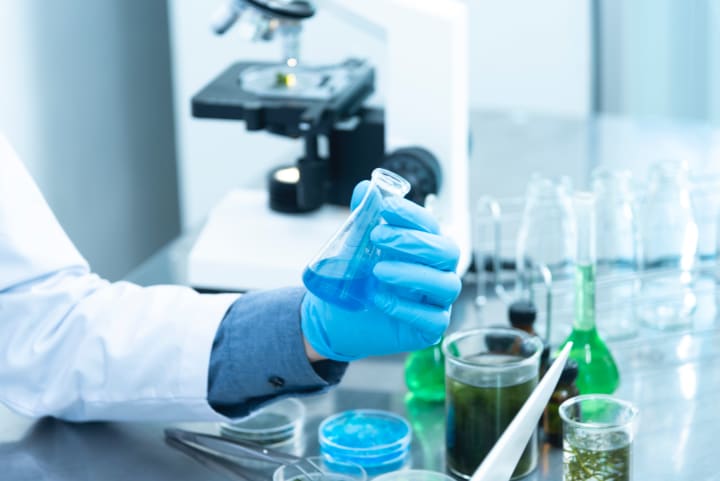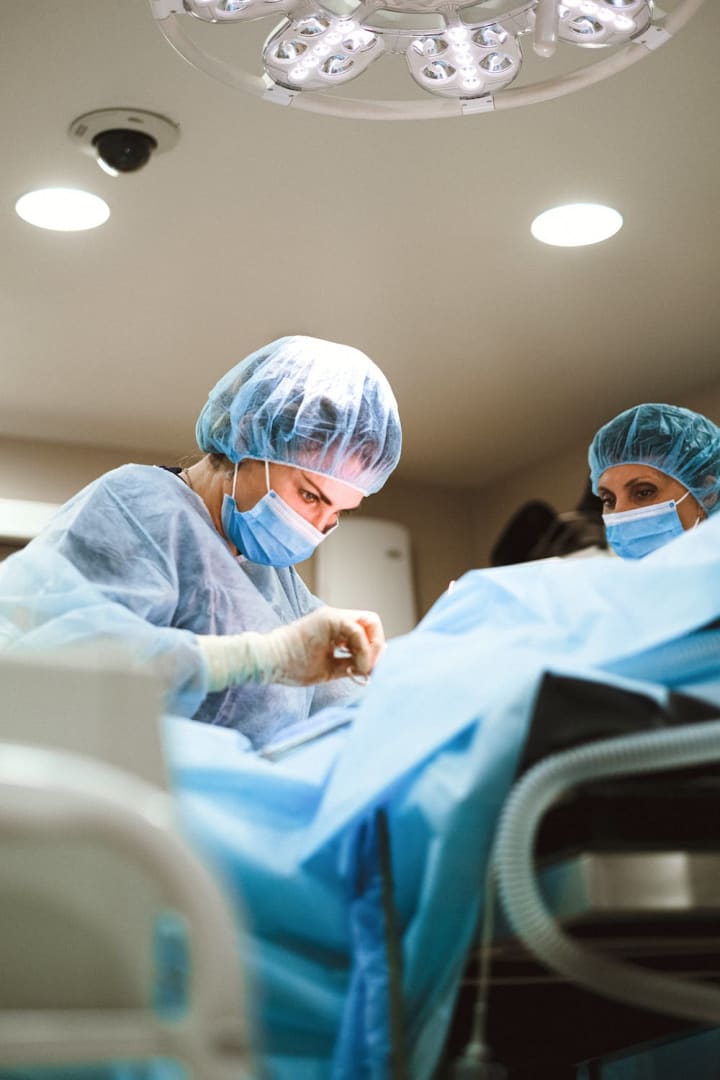
About the "Poop", the Feces
In the world of medicine, unconventional treatments often raise eyebrows and evoke skepticism. However, sometimes the most unexpected remedies can hold the key to groundbreaking discoveries. Take, for instance, a Chinese alchemist named Ge Hong, who gained fame for his remarkable soup that cured patients suffering from diarrhea. Surprisingly, this soup contained a secret ingredient: feces. While the idea of consuming fecal matter may seem unappealing and unwise today, recent research has shed light on the potential health benefits of fecal microbial transplantation. This fascinating treatment taps into the hidden power of our gut microbiome, offering a glimpse into the future of medical science.

Unveiling the Gut Microbiome
Deep within our bowels, trillions of bacteria, viruses, fungi, and archaea coexist harmoniously, forming what is known as our gut microbiome. These microscopic organisms possess remarkable abilities that are essential for human life. They break down our food, produce vital vitamins, train our immune system, regulate our circadian rhythm, and shield us from infections. In return, they enjoy a cozy home with an abundant food supply. Research suggests that our microbiomes begin to develop either in the womb or immediately after birth. From that point onward, our microbiomes constantly diversify through exposure to various foods and environments, playing a vital role in maintaining gut health.

The Disruptive Imbalance and Fecal Microbial Transplants
However, poor nutrition, chronic diseases, or antibiotics can disrupt the delicate balance of our gut microbiome, leaving the body vulnerable to problems such as bacterial and fungal overgrowth or infectious diarrhea. In such cases, introducing a fresh batch of microorganisms into the intestine through fecal microbial transplants can help reset the gut microbiome. Currently, this treatment is primarily used in battling one of the most challenging gut infections—antibiotic-resistant Clostridiodes difficile. This bacterium forms spores in the colon that are resistant to antibiotics, causing severe symptoms like abdominal cramping, fever, and debilitating diarrhea.

The Fecal Microbial Transplant Process
To initiate the treatment, a gastroenterologist collects feces, typically from a carefully curated stool bank, where donors undergo rigorous screening to ensure infection-free samples. The fecal matter is then administered to the patient via a pill or a tube into the stomach or colon. The transplanted microbes travel through the digestive tract until they reach the colon, where they swiftly multiply and displace the infectious invader. Remarkably, this process has proven to be over 80% effective in curing patients after just one treatment.

A Glimpse into the Future
While fecal microbial transplantation is still considered an experimental treatment by the FDA due to the uniqueness of each stool sample, promising research in rodents offers a glimpse of the potential applications of fecal bacteriotherapy in the future. Studies have shown that fecal transplants from non-diabetic mice improved insulin resistance in mice with type 2 diabetes. Similarly, transplants from less anxious mice have shown to alleviate anxiety and depression in their more anxious counterparts. Furthermore, scientists studying humans have discovered distinct microbial patterns associated with various intestinal, autoimmune, oncologic, and psychiatric disorders. This suggests that manipulating a patient's microbiome could open up new avenues for treatment.
Concluded Remarks
The notion of utilizing excreta as a therapeutic intervention may elicit a sense of disgust among certain individuals, however, the significant potential of fecal microbial transplantation is indisputable. This nontraditional therapeutic approach provides a potential solution to the challenge of antibiotic resistance in infections and sets the stage for forthcoming advancements in the treatment of diverse ailments and conditions. While significant research remains to fully comprehend the optimal composition of the gut microbiome and identify the most advantageous fecal transplant strategies, a definitive conclusion can be drawn.
About the Creator
Queeneth
I am an aspiring content and creative writer who loves to write the most inspiring, constructive and compelling topics that truly leaves a room for discussion and inspiration.






Comments
There are no comments for this story
Be the first to respond and start the conversation.